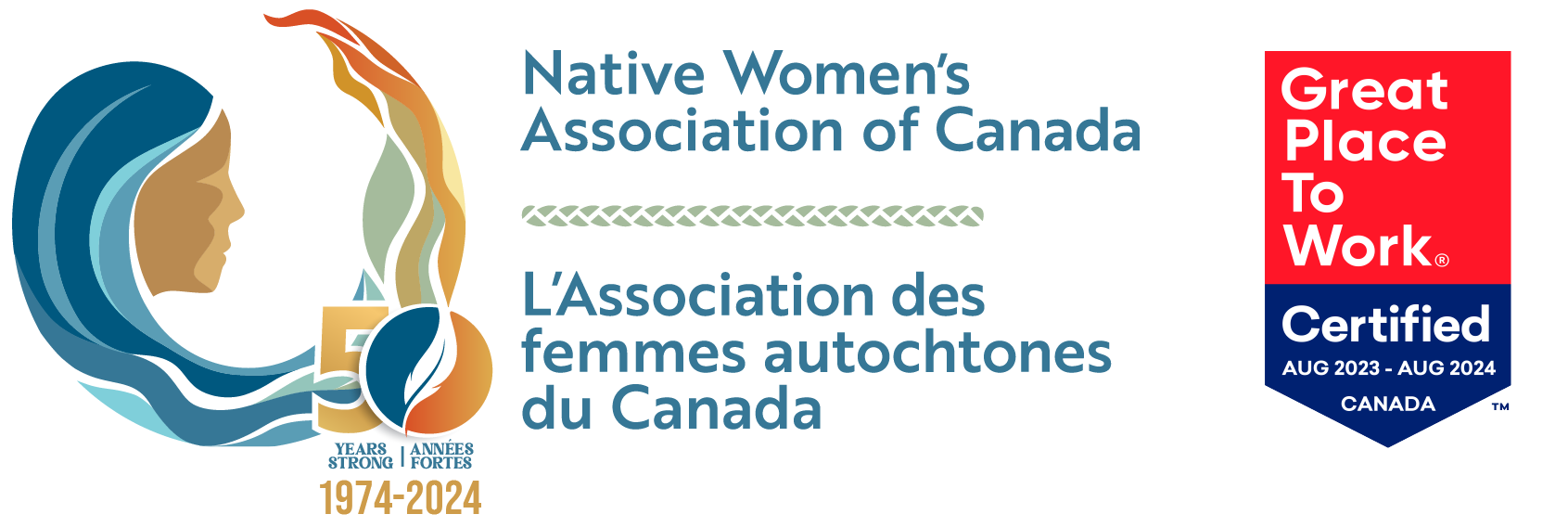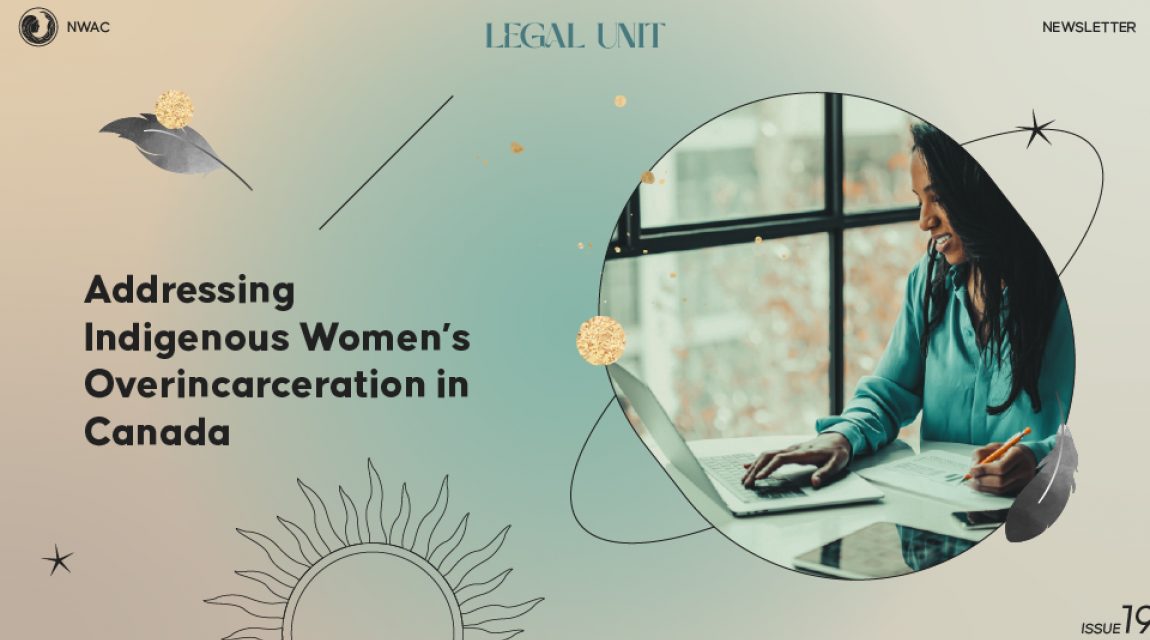Addressing Indigenous Women’s Overincarceration in Canada
In a recent press release, NWAC amplified the Office of the Correctional Investigator’s (OCI) findings. –n the 2022–2023 annual report, the OCI highlights a grave concern: Indigenous women make up more than half of all federal prison populations. In some institutions, Indigenous women form 90%. Termed a “human rights travesty” by NWAC, this issue underscores a systemic problem within the Canadian criminal justice and federal corrections systems.
Despite numerous recommendations from the OCI to address this imbalance, the Correctional Service of Canada (CSC) has shown no progress, as the rate of incarcerated Indigenous women continues to rise. NWAC stands in solidarity with these recommendations and expresses disappointment at the CSC's sluggish implementation of legislative amendments designed to address this over-representation.
NWAC's role extends beyond advocacy to serve as a critical informant to the Canadian Human Rights Tribunal, highlighting the systemic nature of this overincarceration and its far-reaching impacts. Our efforts focus not just on numbers but on the lives and rights of Indigenous women who find themselves disproportionately penalized by the justice system.
The crux of the issue lies in the effectiveness of the CSC's implementation of legislative amendments. These amendments, which are intended to redress the over-representation of Indigenous people in the justice system, require rigorous evaluation. NWAC calls for transparent data and research to assess how these changes are being put into action on the ground, and questions whether they are merely words on paper or catalysts for tangible change.
This call for accountability goes beyond compliance with legislative changes; it represents a broader commitment to human rights and social justice. The overincarceration of Indigenous women is a multifaceted issue, rooted in historical injustices and ongoing systemic biases. Addressing it requires an intersectional approach that considers the unique challenges faced by Indigenous women, including poverty, trauma, and lack of access to supportive services.
Our advocacy efforts stand as a beacon of hope in this challenging landscape. As an intervenor in the case brought by the Canadian Association of Elizabeth Fry Societies (CAEFS), we are addressing critical legal issues that impact Indigenous women. The CAEFS case, presented before the Canadian Human Rights Tribunal, challenges systemic discrimination in Canada's correctional system, particularly the policies and practices that lead to the overincarceration of Indigenous women. By participating in this case, we are not only highlighting these injustices but also advocating for substantial reforms. Their involvement in the tribunal is a crucial step in shedding light on these issues and fostering meaningful dialogue and action. Our efforts emphasize the need for a justice system that is not only fair and equitable but also truly reflect the diverse society we serve.
As Canada grapples with its history and seeks to forge a path toward reconciliation, addressing the overincarceration of Indigenous women must be a priority. It is a matter of justice, equity, and human dignity. Through our relentless advocacy and unwavering commitment, NWAC continues to remind us that change is not only necessary but possible.
Our reinforcement of the OCI's findings signals an urgent need for action. It poses a direct challenge to the CSC to provide clear data and research demonstrating the effectiveness of their strategies to reduce the over-representation of Indigenous women. This situation calls for a concerted effort from all stakeholders in the Canadian justice system to engage in deep reflection and reassessment. There is a pressing need to recommit to a path of genuine justice and equality, ensuring that the rights and dignity of the most marginalized and overlooked in our society are not just recognized but actively upheld.

